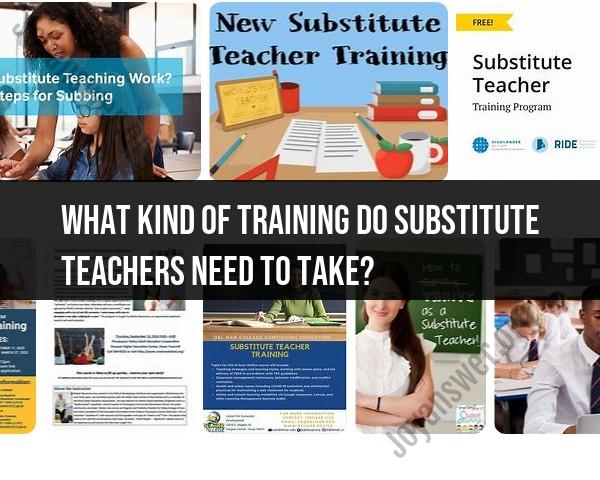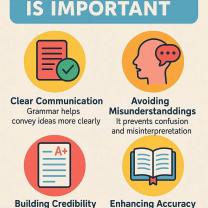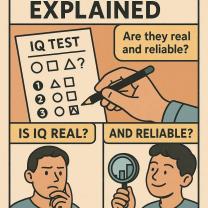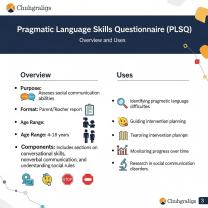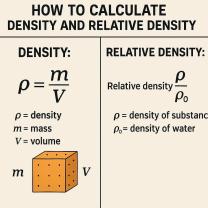What kind of training do substitute teachers need to take?
The specific training requirements for substitute teachers can vary depending on the school district, state regulations, and individual school policies. However, there are some common types of training that substitute teachers may be required or encouraged to take:
Orientation and Onboarding:
- Substitute teachers often go through an orientation or onboarding process, which includes an introduction to school policies, procedures, and expectations. This may cover topics such as classroom management, school safety protocols, and communication practices.
Classroom Management:
- Training in effective classroom management is crucial for substitute teachers. This may include strategies for maintaining a positive learning environment, handling student behavior issues, and ensuring a smooth transition when taking over a class.
Emergency Procedures:
- Substitute teachers should be familiar with emergency procedures, including evacuation plans, lockdown procedures, and first aid protocols. This training ensures they can respond appropriately in case of emergencies.
Legal and Ethical Considerations:
- Substitute teachers may receive training on legal and ethical considerations, including confidentiality requirements, reporting procedures for suspected abuse, and understanding the rights of students with special needs.
Lesson Plans and Teaching Strategies:
- Some districts provide training on understanding and implementing lesson plans, as well as effective teaching strategies. This can help substitutes navigate various teaching styles and subject matters.
Technology Integration:
- Training in the use of classroom technology, such as interactive whiteboards, computers, and educational software, may be beneficial for substitutes to effectively deliver lessons.
CPR and First Aid Certification:
- Some districts may require substitute teachers to hold current CPR and first aid certifications, especially if the regular classroom teacher is not immediately available during an emergency.
State and Local Requirements:
- Substitute teacher requirements can vary by state and school district. Some states or districts may have specific training mandates that substitute teachers must fulfill. Check with the local school district or education department for the most accurate and up-to-date information.
It's important for substitute teachers to be proactive in seeking out and completing any required training. Many school districts provide information about training opportunities during the hiring process or through their human resources department. Additionally, online training modules or workshops may be available for substitute teachers to enhance their skills and knowledge.
What specific educational programs and certifications are essential for substitute teachers to excel in their roles?
The "essential" educational programs and certifications for substitute teachers can vary depending on specific schools, districts, and even state requirements. However, some common programs and qualifications can significantly enhance your skills and make you a more effective and sought-after substitute:
Essential Programs and Certifications:
- Substitute Teacher Training: This program, often available online or through community colleges, equips you with fundamental classroom management skills, lesson planning strategies, and knowledge of school policies and procedures. Obtaining a state-issued substitute teaching certificate based on this training is usually mandatory.
- First Aid and CPR Certification: Possessing a current first aid and CPR certification demonstrates your ability to handle emergencies in the classroom. Many schools require this for substitutes.
- Subject-Specific Certifications: If you have expertise in specific subjects like math, science, or special education, pursuing relevant certifications in those areas can make you more valuable for covering specialized classes.
Additional Programs and Qualifications (Highly Recommended):
- Bachelor's Degree: While not always mandatory, having a bachelor's degree in any field demonstrates your commitment to education and opens doors to broader opportunities in the future.
- Early Childhood Education (ECE) or Elementary Education Training: These programs provide deeper knowledge of child development, child psychology, and effective teaching practices for younger learners. This is particularly helpful for substitute teachers in elementary schools.
- Classroom Management Strategies: Workshops or online courses focused on classroom management techniques can provide invaluable insights into handling diverse student behaviors and maintaining a productive learning environment.
- Multicultural Education Courses: Understanding different cultures and learning styles can help you connect effectively with students of diverse backgrounds.
- Technology Integration Skills: Familiarity with educational technology and tools like interactive whiteboards and online learning platforms can make you a more adaptable and resourceful substitute.
Beyond Programs and Certifications:
- Strong Communication Skills: Clear and concise communication is crucial for building rapport with students, parents, and teachers.
- Positive Attitude and Patience: Adaptability, flexibility, and a positive attitude are essential for navigating the uncertainties and challenges of substitute teaching.
- Effective Lesson Planning: The ability to quickly grasp existing lesson plans and adapt them to your teaching style is key for effective substitution.
- Student Engagement Strategies: Knowing how to engage students through interactive activities and diverse teaching methods can keep them motivated and on task.
Remember, continuous learning and professional development are key to excelling in any field. Participating in workshops, conferences, and online resources can keep you updated on best practices and enhance your skills as a substitute teacher.
I hope this information helps you navigate the requirements and choose the best educational programs and certifications to excel in your substitute teaching career!
